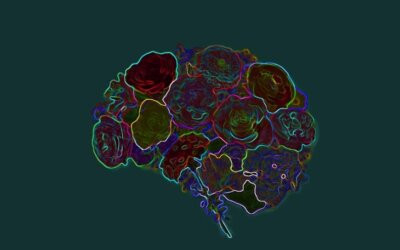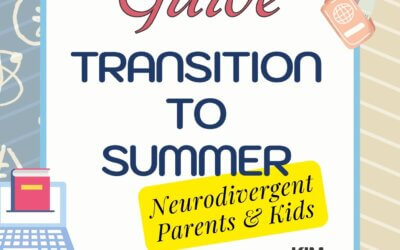Traditional therapies have been developed based on an understanding of the neurotypical brain and nervous system. What may be obsessive for a neurotypical client, may be a regular day in the life of an Autistic client. What is experienced as trauma is very different for neurodivergent clients.
Traditional therapists may assess a problem as emotionally based when it is, in fact, sensory. Therapists need to know the limits to change and work within them. For example, in traditional CBT it is a given that clients may not be able to change the content of their thoughts but they can decide to stop believing it and become more detached from disturbing thoughts.
For people with neurodivergent brains, what is changeable and what isn’t is different from those with neurotypical brains.
Suppose your brain is hardwired to experience difficulties focusing and won’t let your body sit still. Well, you are going to have to learn to live with that brain and speak up for yourself to demand environmental and social modifications that support your ability to focus.
Traditional therapists may seek the cause of your unrest in unexpressed emotions or conflicted relationships when, in fact, causality runs in the opposite direction! Your restlessness may be the cause, not the effect, of your emotional and social distress.
One of the primary sources of anxiety and depression experienced by neurodivergent youth and adults has little to do with them. It’s the way others treat them. By the age of eighteen, all neurodivergent people have received thousands of messages that there is something deeply wrong with them.
Neurodiversity-affirming therapy helps you untangle these messages to figure out who you are and learn how to better navigate an often hostile neurotypical world. At Scattergram, where neurodivergence is the norm, we help you figure out what’s right with you, just the way you are.
Connecting
The Dots
Why don’t traditional therapies work for me?
For people with a neurodivergent brain, what is changeable and what isn’t is different than it is for people with neurotypical brains. Neurotypical therapists may inadvertently reinforce messages that there is something wrong with you instead of working with what is right.
A neurodivergent-affirming therapist will help you to:
Understand the nature of your unique neurodivergent brain
Stop masking and instead translate yourself to the people around you
Speak up for yourself and ask for environmental modifications and supports
Embrace and celebrate your neurodivergent fabulousness




